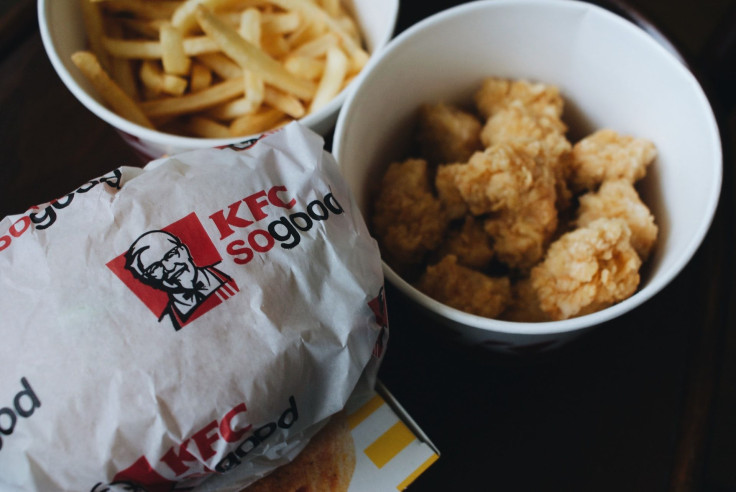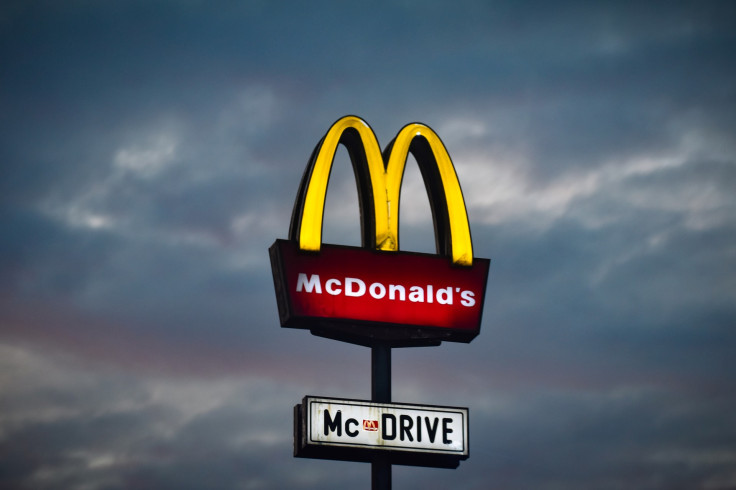Business Plans Used By 3 Famous Entrepreneurs

A business plan is an essential document in business operations. Before establishing a business, drawing a clear road map under which the company will operate helps set its pace and direction. Though business success is not pegged on having a business plan, a solid business plan reduces the risk of failure. This article puts a spotlight on a few successful business plans established by three giant companies.

McDonald's
McDonald's is one of the largest fast-food chain franchises in the world. With business revenue valued at $21.08 billion, the United States headquartered fast food outlet controls one of the largest market segments in the fast-food industry. Founded in 1940 as a restaurant, McDonald's owns over 38,600 restaurants and manages more than 210,000 workers across its branches.
Specializing in the sale of soft drinks, hamburgers, chicken sandwiches, breakfast meals, desserts, french fries, vegetarian meals, various types of chicken, and other locally made foods, the giant fast-food company is not an ordinary food chain.
What's The Secret Behind McDonald's Business Plan?
Franchising: Franchising is one of McDonald's business models that have gained traction over the years. Under this context, the company charges potential franchisees a fee of $ 45,000 to lease any of their outlets. Though McDonald's has set a standard amount required to own any of their restaurants, the costs vary from one outlet to another.
Out of over 38,000 restaurants owned by McDonald's, close to 36,000 have been franchised. This business model has helped the company reduce operational costs and leverage the popularity of the brand, generating more revenue from franchising. On average, 93% of MacDonald's restaurants are run by independent entrepreneurs.
Product Differentiation: Though regarded as bad business behavior among some business experts, product differentiation is a solid business strategy to differentiate from other brands. This business approach has a high chance of helping a company have a competitive edge over immediate competitors. The diversification of products has enabled McDonald's to tap into a broader market segment and grow exponentially.
KFC
KFC is said to rank fourth in the world of fast-food chicken outlets. With 22,621 fast-food restaurants across the globe, the food chain is undoubtedly among the best brands. Founded in 1952, KFC controls $23 billion in revenue with over 150 branches spread across the globe. For decades, having been in operation indicates a solid framework laid out at the founder Sander's initial stages.
This popular restaurant features a menu of chicken delicacies, Kentucky grilled chicken, extra crispy, fresh-made chicken sandwiches. The Kentucky-based restaurant giant is arguably one of the most popular fried chicken franchise in the world.
What Makes KFC Outstanding?
Franchising: Franchising is an area of focus that KFC has used to increase its revenue. The outlet charges $10,000 for non-traditional outlets, while franchisees interested in traditional outlets are expected to pay a license fee of $45,000.
Product differentiation: To bolster operations, KFC exercises product differentiation in its operations. This has enabled it to carve a considerable market segment in the fast-food industry. Specialization in the sale of fried chicken products is a unique approach that has helped build a strong brand.
Pizza Hut

Known for the sale of pizza, Italian American cuisine, desserts, and dishes, Pizza Hut is another big name in the fast-food industry. The chain controls over 18,700 restaurants globally, making it one of the world's largest pizza franchises. Pizza Hut was founded in the US in 1966 by Gary Meyers and Lawrence Berberick. The food chain restaurant is ranked among the world's largest and most successful pizza restaurants.
The Secret Behind Pizza Hut's Success
Franchising: Pizza Hut generates a chunk of its revenue through franchising. The restaurant company charges franchisees a fee of $ 25,000 to operate a Pizza Hut outlet. This is in addition to the $300,000 franchisees pay to the company in the form of royalties.
Product differentiation: Differentiation is an integral business approach that has helped Pizza Hut carve a niche in the competitive fast-food market. It has been ranked the second-largest pizza outlet in the world, no doubt thanks to product differentiation. This has made the brand remain more appealing and relevant to consumers over the years.
Diversification: With the hope of capturing a broader market segment, diversification remains a top priority in Pizza Hut restaurants' management. Some aspects of diversity rolled out by the food chain include a diversified menu. The more diversified menu consists of wraps, a variety of pasta, combining Indian and international products, and milkshakes.
Conclusion
A clear business plan is critical to the success of a business; these three giant business moguls adopted a clear road map for their business. This has enabled them to scale up and maintain their space in a competitive business environment.
© Copyright IBTimes 2025. All rights reserved.





















